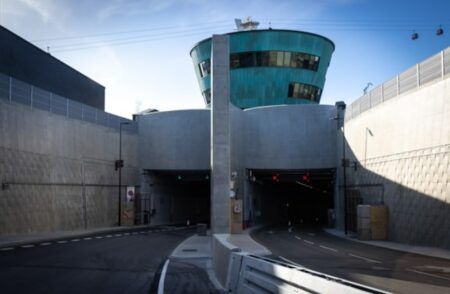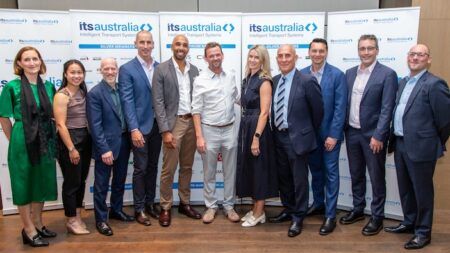At last week’s summit of transportation, which took place in Leipzig, Germany, ministers from the International Transport Forum’s (ITF) 57 member countries gave the city of Moscow the 2016 ITF Transport Achievement Award for its exemplary approach to improving traffic conditions in the Russian capital.
Following 20 years of almost uncontrolled development of urban traffic, Moscow introduced a rigorous and comprehensive set of policies to address the gridlock on its streets. Over the past five years, these measures have reduced the number of cars in central Moscow by 25% and increased the average speed of traffic by 12%, despite 600 new cars being registered in the city every day. The ITF jury has recognized the “impressive achievement in improving overall traffic in Moscow”, and in particular, highlighted “the effectiveness of coherent, coordinated initiatives and policy actions that facilitated this remarkable change”.
Measures put into place by Moscow include:
Paid car parking, which was introduced in 2012, has systematically expanded to areas with high traffic. More than 67,000 paid spaces have been introduced since 2012, including 7,000 parking places for disabled people. Paid parking has generated 90m (US$101m) in revenues over that period, with the funds used to improve the neighborhoods where they are collected. The development of the city’s public transportation, which handles over 15 million passenger journeys per day. Since 2010, 21 miles (34km) of subway tracks were added, 18 new metro stations were built, and about 1,500 new subway cars were purchased, with more than 5,000 new buses, 538 trolleybuses and 150 trams added to the routes. The network has been optimized, with over 100 new routes created for surface transport, 143 miles (230km) of bus lanes built, over 5,000 stops renovated, and 552 electronic information boards installed. The introduction of electronic ticketing in 2013, with more than 50% of trips now completed using the ‘Troika’ e-travel card, which has reduced queues at ticket windows by one-third, and drastically cut the number of tickets purchased from drivers. Governance reform in public transport, with contracts for above-ground transportation now awarded through open competitive tenders. Contracts for 211 city routes have now been awarded to commercial operators, with operations scheduled to start in mid-2016. Development of cycling facilities, with 880,000 bike trips made using the city’s shared bicycles in 2015; an eightfold increase over 2014. There are now 2,600 bicycles available at 300 automatic bike stations. From 2011 to 2015, the total length of bike paths increased from 1.4 miles to 134 miles (2.3km to 216km). Moscow’s first short-term car-sharing system started operations in 2015, and currently it has a pool of 550 cars and more than 70,000 registered users, who have taken over 220,000 trips since its inception. Taxis account for 260,000 daily rides in the city. To improve the environmental situation and reduce polluting emissions into the air, restrictions were imposed on truck transits through the city in 2013. Only trucks conforming to the Euro 3 or higher emission standards are allowed to enter Moscow’s downtown, and more than 900 cameras monitor truck traffic on a daily basis. By 2015, these controls and other regulatory measures had helped reduce the air pollution level by 11%.
“For many years, Muscovites believed that traffic jams were simply the price to pay for living in a big city. This has changed,” said Sergey Sobyanin, Mayor of Moscow. “Our achievements in fighting traffic gridlock have been made possible by the efforts of an effective team of professionals who believe in the power to make substantive changes. This important international award encourages us to continue this work.”




